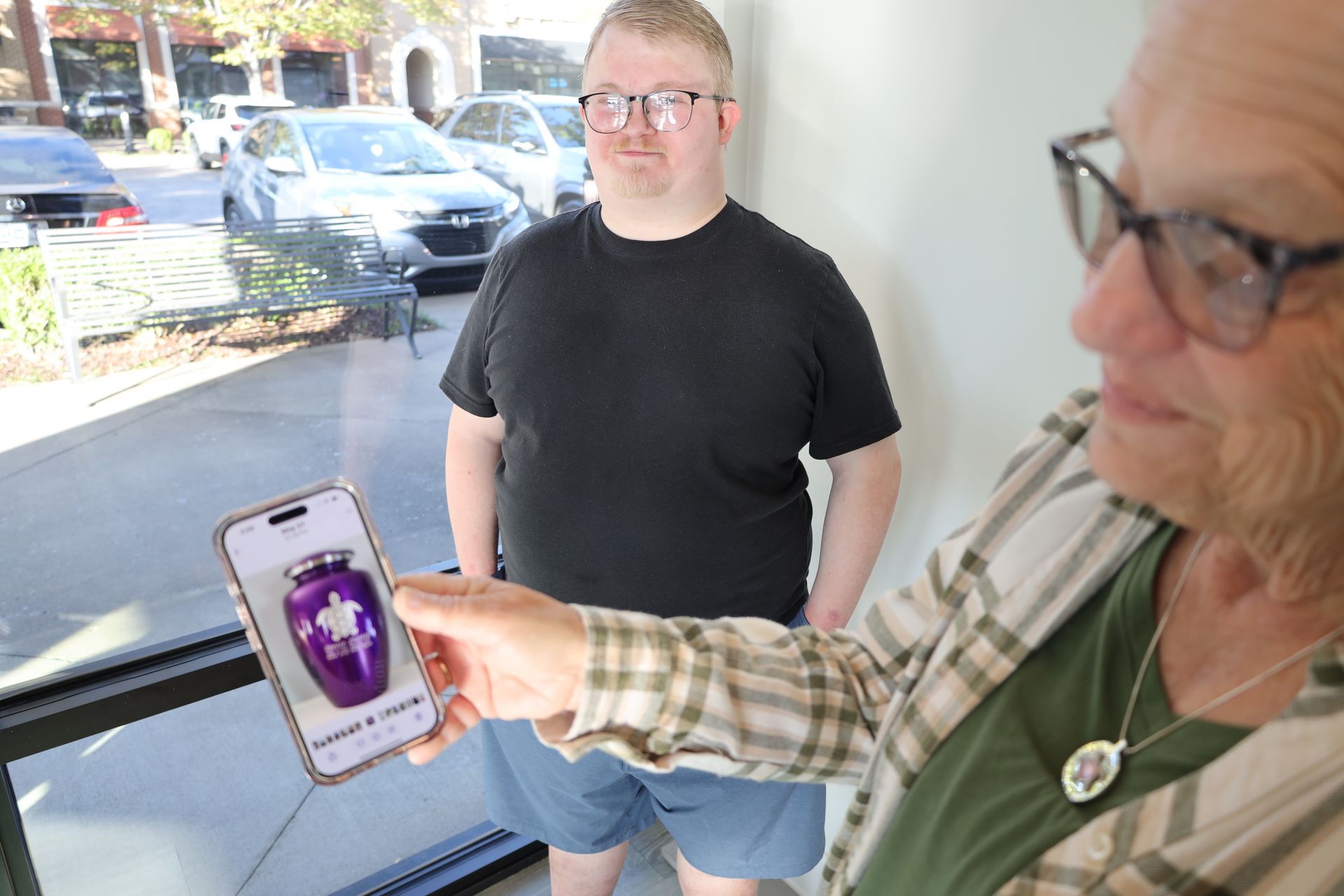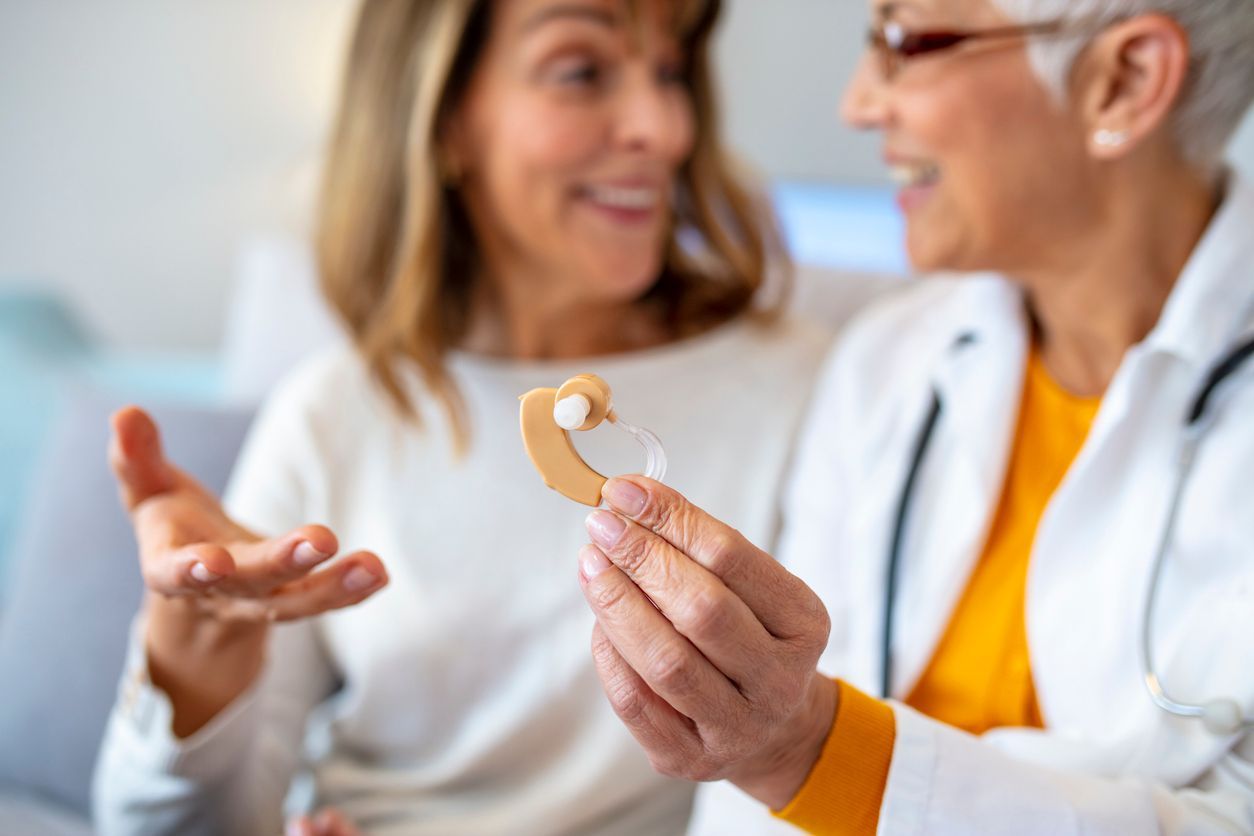Hearing Loss in Older Americans: Everything You Need to Know

Hearing loss has been a public health issue for some time. At least one in three Americans 65 and older will experience hearing loss. That rate only goes up as people age. By 75, one in two Americans will experience some hearing loss.
Why Does Hearing Loss Happen?
Sometimes, hearing loss is age related. As people get older, the hairs and nerves inside the ears wear out. Loud noises can make them wear out faster, but most age related hearing loss can’t be avoided. It’s simply a side effect of getting older.
Who is at Risk?
Since hearing loss can be caused by age alone, everyone has some level of risk. Generic factors can contribute to hearing loss. If hearing loss runs in your family, you may be more likely to get it yourself. People who are exposed to loud noises often have a higher risk of hearing loss, too. Some occupations, like construction, make hearing loss more likely. Loud, repetitive noises do damage over time.
Signs and Symptoms
Some signs of hearing loss are more obvious than others. If you find yourself constantly turning up the volume on the TV, for instance, you may have some hearing loss. Voices may sound muffled. Other signs are more subtle. People who suffer from hearing loss may have trouble concentrating on conversations. People with hearing loss may even get to the point where they begin to avoid conversation and social interaction all together.
Effects of Hearing Loss
According to the World Health Organization , older adults with hearing loss are more likely to see a decline in other functions as well. Specifically, cognitive functions in older adults with hearing loss tend to go downhill faster than for adults without hearing loss. When people can’t hear, they withdraw. Older adults with hearing loss may isolate themselves. They stop talking to friends and family, and stop engaging with the world around them. Their cognitive abilities suffer as a result.
What Can Be Done
There are strategies to prevent hearing loss, but nothing can undo damage that’s already done. The World Health Organization recommends getting hearing devices as soon as possible. By helping people hear better quickly, hearing devices minimize the potential cognitive effects of hearing loss.
If you’re seeing signs of hearing loss in yourself or a loved one, don’t panic. Schedule a hearing test and listen to the experts. If you have any questions,
contact us.
Recent Posts




